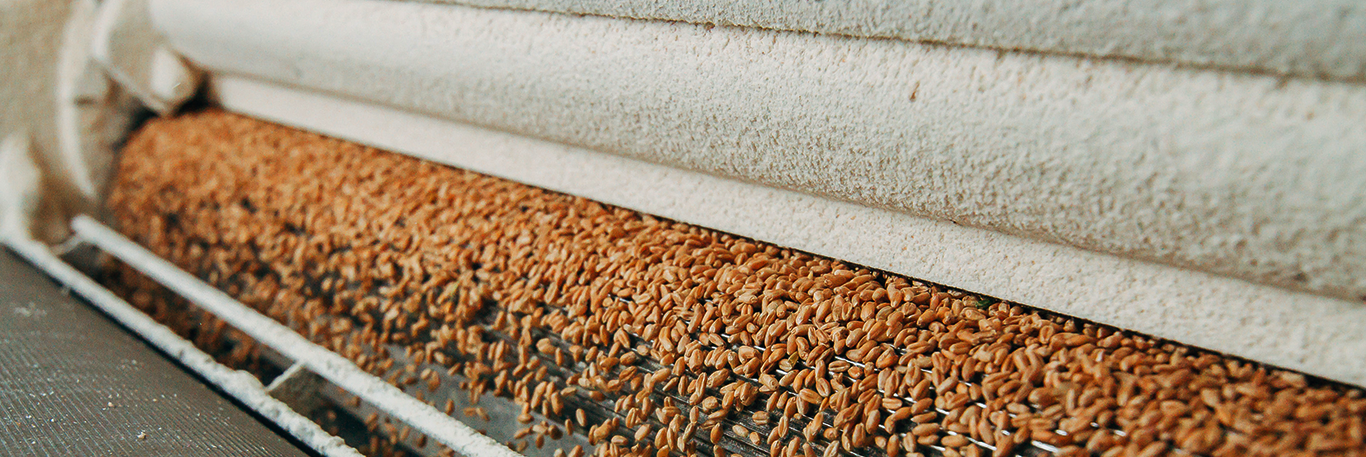In today's conscientious consumer landscape, the need for fairly sourced and sustainable items has surged. Private label food manufacturers have actually become innovators in this domain name, commonly teaming up with contract food manufacturers to spearhead sustainability as well as accountable sourcing initiatives. With an undaunted commitment to ecological principles, private label brands have actually made it their objective to deliver lasting, top quality options to consumers.
Private Label Food Manufacturers
In the last few years, private label food manufacturers, additionally known as very own brand names or store brand names, have actually witnessed an impressive rise in popularity. These producers produce goods marketed under the logo of a retail store, grocer, or exclusive entity. What sets private-label products apart is their capacity to supply affordable rates without endangering on top quality.
Contract Food Manufacturers
Many private-label food suppliers sign up with pressures with agreement producers to create their product. Agreement food makers are experts in producing food for private labels. This calculated partnership permits personal label firms to tap into the proficiency, resources, as well as dedicated food manufacturing centers of their partners.
Sustainability at the Core
Private label food manufacturers employ numerous methods to boost sustainability within their supply networks:
Honest Sourcing:
Exclusive label business are increasingly committed to sourcing components according to honest and fair trade requirements. This requires making certain that producers and employees of basic materials, such as coffee beans, flavors, or cocoa, obtain reasonable payment for their initiatives.
Local Sourcing:
Focusing on regional sourcing of active ingredients is an additional trademark of private-label food makers. This not only lowers the carbon impact connected with transport yet likewise supports local farmers and also areas.
Organic Contents:
With the organic food market on the rise, private labels are reacting by integrating organic components right into their line of product. Organic farming techniques prioritize dirt health while shunning artificial chemicals and also plant foods.
Sustainable Fish and shellfish:
Private Label Food Manufacturers are diligent in making certain that the fish and shellfish they utilize is sustainably collected, sticking to guidelines set by organizations like the Marine Stewardship Council, which advertises responsible angling.
Reduced Food Waste:
Exclusive label business are proactively working on minimizing food waste by applying efficient manufacturing processes and also creating items with longer shelf lives. Some brand names are also partnering with food rescue companies to donate surplus food to those in requirement.
Eco-Friendly Product Packaging and Initiatives
Sustainability initiatives by private-label food suppliers expand past sourcing ingredients to include product packaging as well as green campaigns:
Lasting Product packaging:
Private label brands have actually welcomed eco-friendly packaging options, consisting of recyclable, eco-friendly, or compostable materials. Redesigning product packaging to decrease excess material as well as lower environmental impact is a top concern.
Waste Decrease:
To reduce waste, private-label food suppliers maximize item dimensions, decrease excess product packaging, and also explore ingenious packaging solutions. Some brand names even encourage consumers to participate in recycling programs.
Power Efficiency:
Several private label producers are investing in more energy-efficient production plants, reducing water usage, as well as taking private label specialty foods on renewable energy sources to further lower their environmental impact.
Carbon Neutral Initiatives:
Some exclusive brand food suppliers are taking enthusiastic actions to accomplish carbon nonpartisanship by offsetting their greenhouse gas emissions through reforestation jobs and also renewable energy credit ratings.

Obstacles and the Road Ahead
Despite the significant strides made in sustainability as well as responsible sourcing, private-label food manufacturers deal with obstacles. Balancing sustainability with cost-effectiveness can be a fragile act, in some cases needing concessions on sustainable active ingredients or the exploration of green options.
Nonetheless, the future of private-label food manufacturing holds excellent assurance. As consumer awareness and demand for lasting items remain to climb, private-label brand names and also their agreement food manufacturing partners are most likely to heighten their efforts. Collaboration with providers as well as financial investment in sustainable technological advancements as well as transparency will be critical fit a lasting future for the market.
Often Asked Questions
Q1: What are private label food manufacturers?
Private label food manufacturers create items marketed under the logo design of a retailer, grocer, or personal entity. They supply competitively priced products without compromising on quality.
Q2: How do private label food manufacturers promote sustainability?
Private label food manufacturers promote sustainability via honest sourcing, local active ingredient purchase, using natural components, sustainable seafood practices, as well as efforts to minimize food waste.

Private label brands embrace environment-friendly packaging alternatives such as recyclable, naturally degradable, or compostable materials. They also redesign packaging to minimize excess product and decrease environmental impact.
Q4: What tests do private label food manufacturers encounter in sustainability efforts?
Stabilizing sustainability with cost-effectiveness is a significant challenge for private label food manufacturers. This may need compromises on sustainable ingredients or the exploration of environmentally friendly alternatives.
Final thought
Private label food manufacturers go to the forefront of the sustainability as well as liable sourcing movement within the food market. Their dedication to ethical sourcing, local purchase, organic ingredients, as well as sustainable methods, in addition to their devotion to green product packaging and also waste reduction initiatives, show their decision to meet the needs of today's eco-conscious consumers.
Despite the challenges they deal with, private label food manufacturers are positioned for an encouraging future. With consumers significantly focusing on sustainability, the market is likely to witness even greater cooperation with distributors, financial investment in lasting technologies, as well as a commitment to transparency. As we progress, private label food manufacturers will remain to play an essential role fit a more sustainable and also honest food landscape for all.